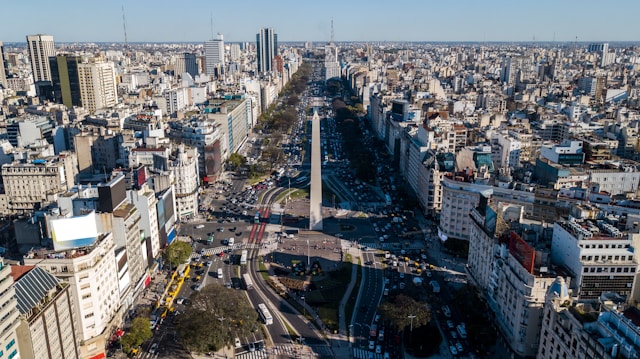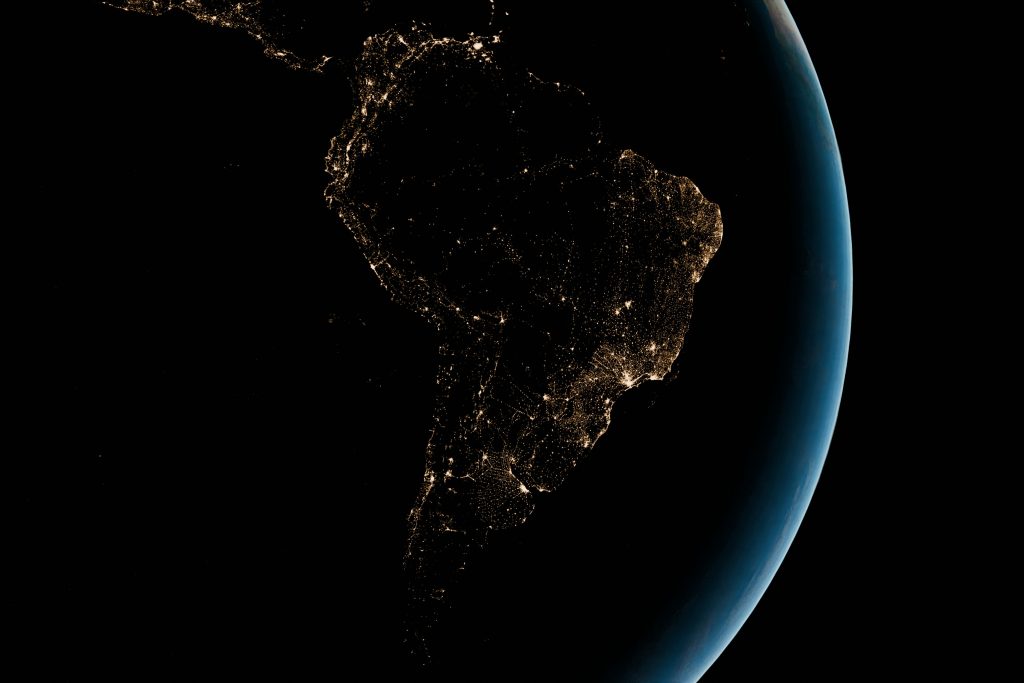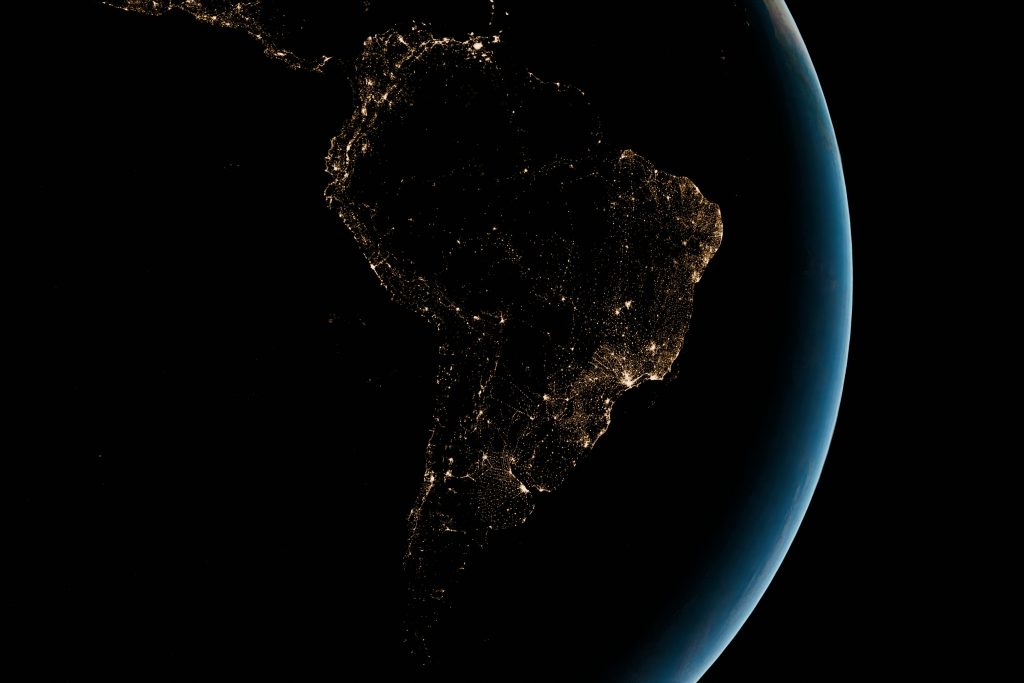South America has become a focal point for international law enforcement cooperation. The evidence of increased Interpol engagement across the region over the past year is striking.
In July 2024, police chiefs from across South America met in Santiago and committed to increased use of Interpol’s databases and tools, particularly the Notices system. The declaration that emerged from that meeting recognised Interpol’s Regional Bureau in Buenos Aires as providing valuable support for coordinating operational responses to priority crimes.
That momentum has continued. In May 2025, the fourth Interpol Chiefs of Police meeting for South America took place in Brasilia, where senior police leaders from eleven countries discussed intensifying cooperation to combat the continent’s most powerful organised crime groups. Secretary General Valdecy Urquiza noted that criminal groups from South America are continually expanding their reach and that one in every three Interpol Notices is now related to organised crime in the region.
In June 2025, Brazilian President Lula visited Interpol’s headquarters in Lyon – a strong endorsement of the organisation’s central role in combating transnational crime. During that visit, a new Interpol Task Force Against Organized Crime in Latin America was launched, aimed at targeting criminal networks and drug trafficking across the region. Brazil and Interpol also signed a Letter of Intent for greater exchange of information and expertise.
Against this backdrop of heightened Interpol engagement, it is perhaps no surprise that we are now seeing an uptick in Red Notices issued by South American countries. The system’s increased use brings with it increased opportunities for both legitimate law enforcement cooperation and potential misuse. As international Red Notice experts, we have seen both sides of that equation.
These are the issues we will be addressing in Buenos Aires in a few days’ time. From 1–3 December, the Bar Association will host an international conference on Transnational Organized Crime and International Criminal Law. The programme brings together practitioners, academics, and officials to discuss a range of topics including international crimes, the International Criminal Court, corruption, money laundering, and international cooperation.
On 2 December, we will be speaking on Interpol, its fight against international crime, and the misuse of its channels by authoritarian regimes. The timing feels particularly relevant. As Interpol deepens its engagement with South American law enforcement, understanding how the system works – and how it can be exploited – has moved from academic interest to practical necessity.
The conference represents an opportunity to examine these questions in detail with those who work within the system. South America’s engagement with international criminal law mechanisms continues to grow. Ensuring that this engagement strengthens rather than undermines the rule of law requires ongoing attention from practitioners, policymakers, and academics alike.
We look forward to contributing to those discussions in Buenos Aires.
—
Image: Unsplash



